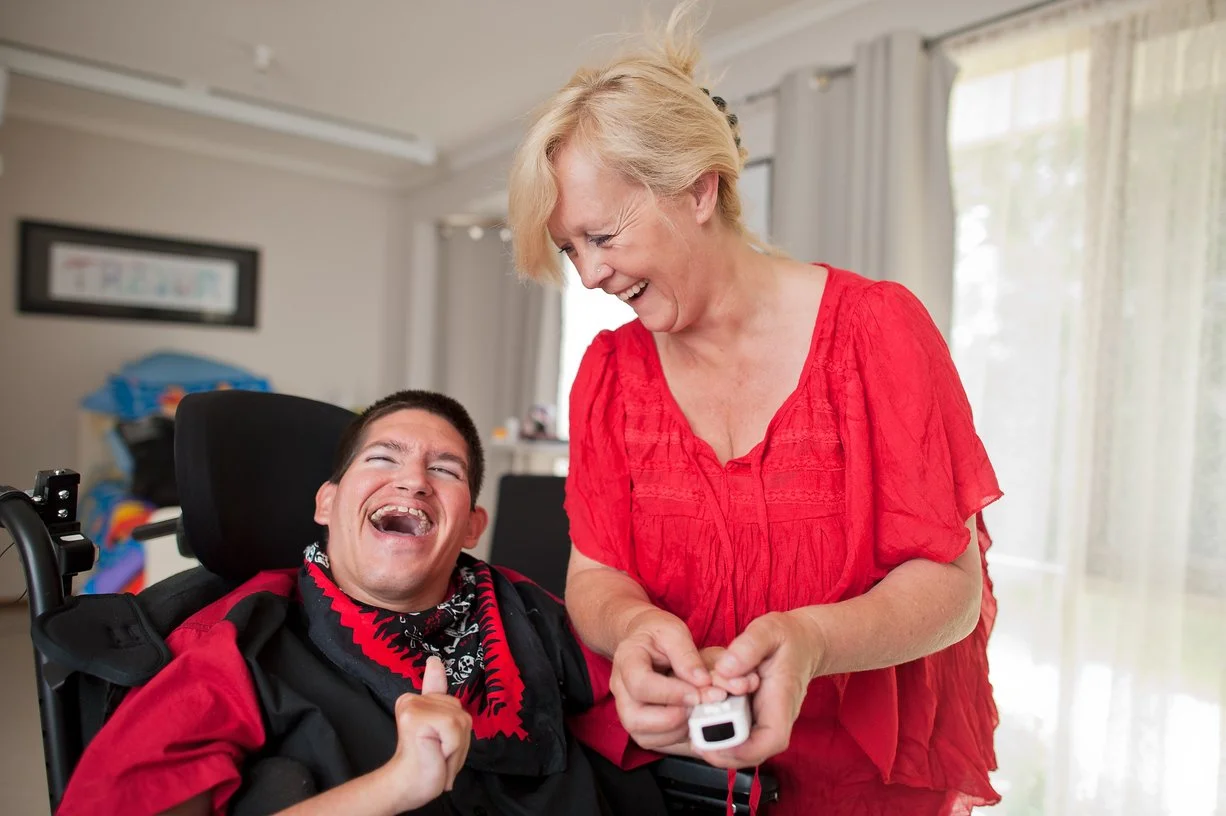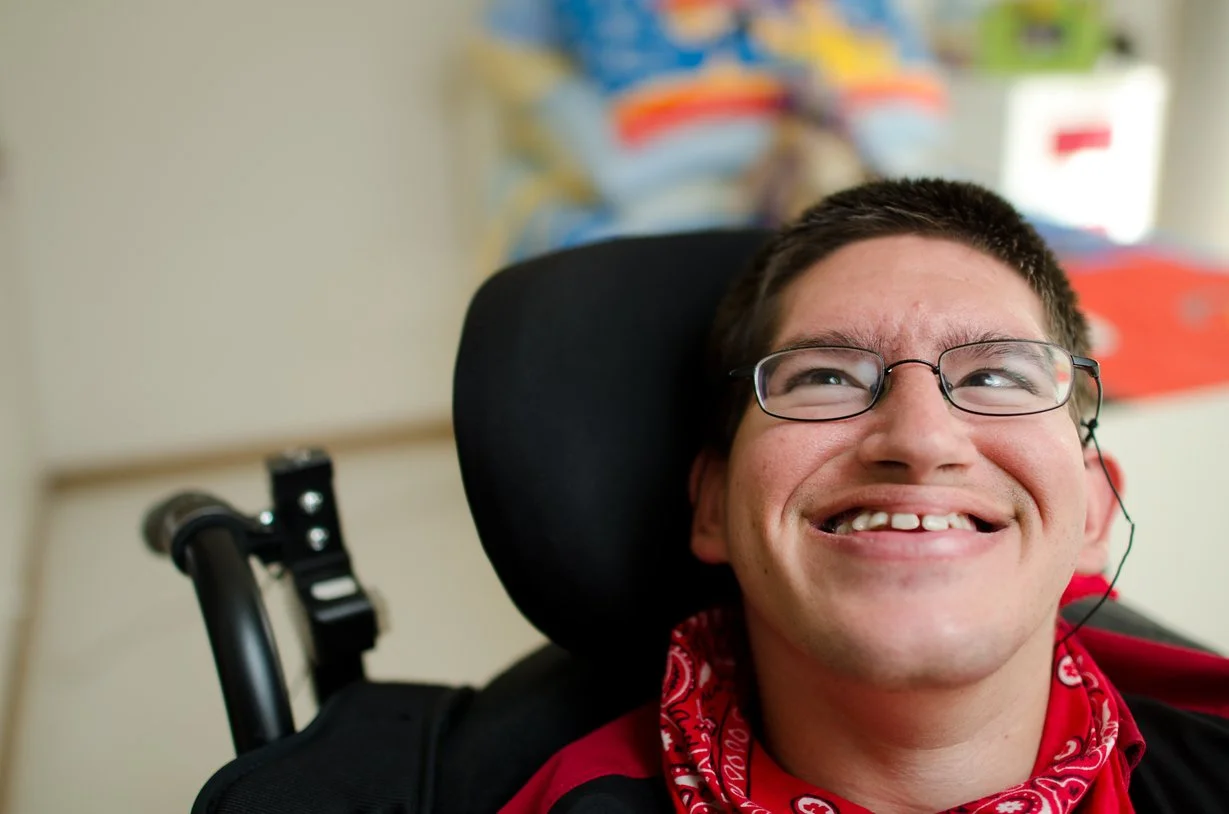
101 cases
of how Human Rights ACTS make our lives better
No matter who we are or where we are, our lives are better when we all treat each other with fairness and respect and when we can all enjoy our rights and freedoms. Human Rights Acts and Charters promote respect for human rights and give people power to take action if their rights are breached.
The 101 cases set out here highlight the benefits Human Rights Acts and Charters have brought to people in the ACT, Victoria and Queensland. These cases also highlight the need for a national Human Rights Act, as well the need for Acts or Charters in states and territories which do not yet have them.
We designed this resource to inspire people to use Human Rights Acts and Charters where they exist in Australia; and to join with others in calling for a national Human Rights Act and Charters in every state and territory.
Click here to add your name to the call for a Human Rights Act.
CASE STUDIES
Aboriginal children jailed in adult prison: Human Rights Act in action
Bendigo mosque and freedom of religion: Human Rights Act in action
Will Ingram and the right to equality: Human Rights Act in action
Queensland and the right to housing: Human Rights Act in action
The right to education for children seeking asylum: Human Rights Act in action
Victorian pandemic laws: Victorian Charter of Rights in action
101 Cases
Human Rights Acts and Charters Make Our Lives Better.
Here are 101 cases showing how
Case 3: Man with a disability uses human rights arguments to avoid eviction
Tenants Queensland used the Queensland Human Rights Act to help a man with mental health issues to avoid eviction.
Case 5: Person experiencing mental health issues avoids homelessness
A woman was at risk of becoming homeless following an eviction order being made against her by a tribunal.
Case 7: Parents with a disability use human rights arguments to keep their family together
The Queensland Benevolent Society, a charity which supports people with a disability, children, families, older Australians and carers, has used the Queensland Human Rights Act to advocate for their clients.
Case 9: Complaint leads to agreement to install escalators for accessibility
When escalators at a train station were replaced by steep, inaccessible stairs, one older resident of the community made a human rights complaint.
Case 10: Family in need of accessible social housing offered support after long delay
After an Aboriginal woman with a disability, and her three children, were forced to vacate their social housing, the woman lodged a complaint regarding the length of time taken to arrange modifications to ensure she could shower and access the kitchen safely.
Case 14: Court rules that a man with a cognitive disability must be provided with nutrition and hydration
ACT Health applied to the ACT Supreme Court for a declaration that it would be lawful for the hospital treating an elderly man with a long history of schizophrenia not to provide him with nutrition and hydration.
Case 17: Freedom of movement for people with a disability
The parents of a man with a disability complained that their son had been deliberately frightened and provoked by his carers.
Case 18: Better safeguards around a person’s capacity to consent to medical treatment
The ACT Civil and Administrative Tribunal decided a person with a cognitive disability, who the Tribunal had previously found to lack capacity under guardianship law, could not automatically be assumed to lack capacity to consent to psychiatric treatment orders.
Case 22: Imprisonment for unpaid fines of man with a cognitive disability prevented
Zakaria Taha had an intellectual disability. He was issued with numerous fines for different minor offences including riding a bike without a helmet and taking public transport without a ticket.
Case 24: Man with mental illness able to continue managing his own money
Patrick had a long-term mental illness and had been an inpatient in a hospital for many years.
Case 25: Man with mental illness who is detained in a facility has restriction on calling his lawyers removed
A man who was an inpatient at a mental health facility had his phone calls limited by order of his authorised psychiatrist.
Case 32: Blind woman able to access audiobooks in prison
A woman became blind in prison. After losing her vision, she couldn’t read books from the prison library. At the time, the library did not have any working audiobooks, so her mother bought some for her.
Case 33: Man compensated for discriminatory ban from council buildings
Paul Slattery had multiple disabilities, including bipolar disorder, posttraumatic stress disorder and an acquired brain injury.
Case 35: Woman supported during investigation of injury incurred while in the care of disability service provider
Parents of a woman supported by a disability service provider noticed that their daughter, Shelly, had bruising around her chin.
Case 37: Insurance policy excluding claims for mental illness incompatible with right to equality
Will Ingram purchased travel insurance in 2011 for an overseas study trip planned for 2012. In early 2012, he was diagnosed with a depressive illness and cancelled the trip on medical advice.
Case 38: Tribunal refuses parents’ application for daughter with an intellectual disability to undergo permanent contraception
The parents of a 25-year-old woman with an intellectual disability applied to a tribunal for approval for their daughter to undergo permanent contraception.
Case 39: Right to equality and fair hearing for self-represented litigants with learning disabilities
Betty and Maria Matsoukatidou (mother and daughter, respectively) were charged by Yarra Ranges Council for failing to secure and demolish their home after an arson attack.
Case 40: Electroconvulsive treatment ordered against patients’ wishes a breach of human rights
Two people with mental illness were unwilling to undergo electroconvulsive treatment (ECT).
Case 42: Safeguards and accountability around decision to admit a man with cognitive disabilities to a locked residential facility
A 70 year-old man had Parkinson’s disease, a cognitive disability and mental illness.
Case 43: Better justice system responses to victim/survivors of crime who have a disability
For many years, community legal centres, victim/survivor advocates and the Victorian Equal Opportunity and Human Rights Commission have called on the Victorian Government, Victoria Police and the Office of Prosecutions to improve




















